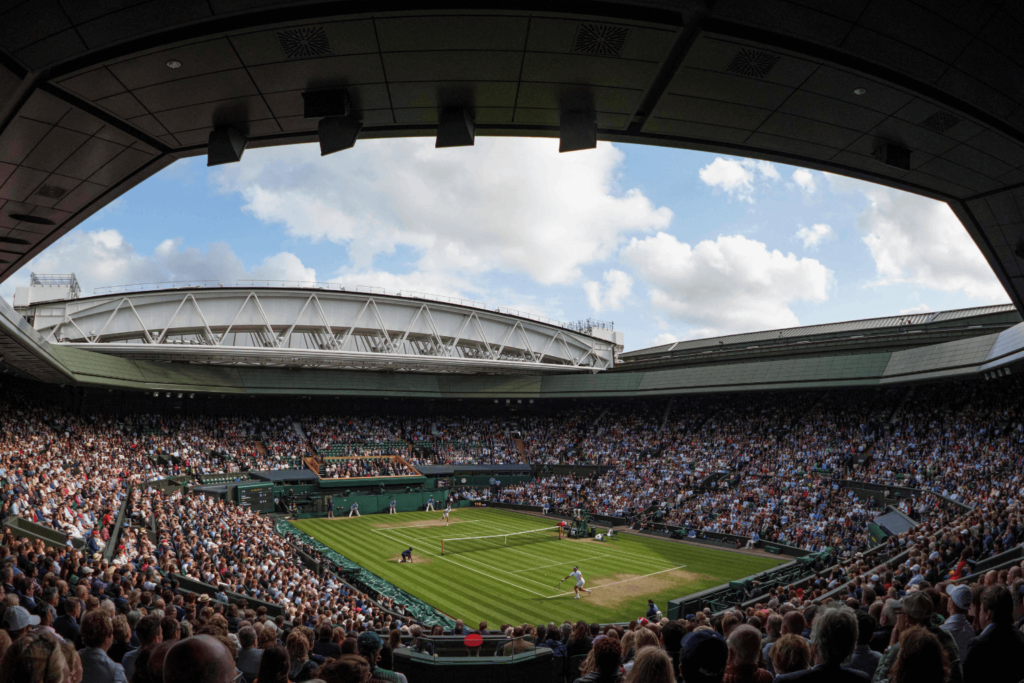In many ways, leadership in business is like tennis, football and cricket – it’s about timing, precision and creating the right circumstances that allow you to maintain control of the ball. Anyone in business will have noticed that CEOs, managers and bosses from different sectors often use sports as analogies to help them inspire, engage and explain. They frame who they need on ‘their team’, how they want that team to ‘win’, conceptualise the best ways to ‘beat the competition’, and seek the most effective ways to make ‘strategic selections’ and consider ‘different scenarios’.
As all eyes turn to SW19 (we’ve been booking hundreds of our members into Wimbledon this week), it’s my guess that bosses in boardrooms and on team awaydays will be serving up tennis metaphors aplenty over the next fortnight. Whether your employees are ‘acing’ it, your tech is keeping competitors ‘pinned to the back of the court’ or a project’s execution was ‘straight down the line’, tennis has a lot to answer for in workplace speak.

And it doesn’t stop in the world of business. My guess is that tennis has been the go-to sports metaphor for the UK prime minister, too. After all, he once raised £160,000 for his party to play a single tennis match – putting him amongst the highest earners in British tennis. He may also be finding hope in the fact that a tennis match isn’t over until the very last point is played – like Nadal’s incredible fight back against Medvedev in the final of this year’s Australian Open, fans often witness a wondrous comeback when the game can swing, the opponent can suffer an injury, and unforeseen events can save the day, whether it’s a rain check, the horrors of a war in Europe, or a future opposition meltdown.
When tennis isn’t on the agenda, it’s often top-flight football that offers the most opportunity for linguistic play. With the season beginning at the start of August (our members are already using us to secure tickets for their must-see matches), football analogies will abound. Bosses will want teams to keep creating ‘movement off the ball’, hiring managers to ‘attract the right talent during the transfer window’ and urging accountants to prevent the financial year from becoming a ‘game of two halves’.
But, there’s a real risk of analogies becoming laboured and alienating whole swathes of the intended audience – I know it is difficult for a football fan to fathom, but some people just aren’t interested in the “beautiful game”. At a recent company town hall, a Hoxton tech entrepreneur was preoccupied with extolling the virtue of Pep Guardiola at Manchester City in a bid to underline a tortured point about increased diversity in the workplace. The irony, of course, is that “football chat” tends to drive more men, rather than women, to distraction in offices.
The difficulty comes in this direct comparison between sport and business. Of course, there are countless similarities between the strategy, mindset, coaching and desire to succeed, but an organisation is not like an organised sport – there is no set of fixed rules or even an agreed final score. A win for your company is not about beating the competition – it’s primarily about creating value for the customer. In business, you can beat your competition and still fail; likewise, you can thrive while your competitors succeed, too. At Ten, we are often asked ‘How big is the addressable market for your lifestyle concierge services?’. The answer is – it depends how good the services are. When we secure tables at top restaurants, when nobody else can; when our members receive a room upgrade and complimentary breakfasts due to their membership’; when they can buy the best seats for an Ed Sheeran concert, stress-free and at face-value – then they use us again and again. It’s focusing on achieving these results, not aiming to ‘beat’ any competitor, that has led to our success.
In another example, Procter & Gamble, where I started as a graduate trainee for 6 years before setting up Ten, is legendary for customer focus and has a history of actively discouraging competitor focus as a distraction. The result is that they have continued to be the world’s leading FMCG company, and the world’s biggest TV advertiser, almost twice as big as Unilever, decade after decade. Amazon is another stand-out example of a company with relentless customer focus, driven by Bezos from the very start.
In contrast, some of the language of many tech and fintech bros has been focused over the past decade on which ‘dinosaur’ companies they are going to ‘kill’. The ambitions for many have shifted, in recent months, from who they are going to wipe out, to whether and how they are going to maintain the customer value that creates sustainable profits at all.
Business is a continuous game, with no half-time and a requirement of constant effort. So even as the summer sport season gets into full swing, it’s worth remembering that business isn’t easily pigeonholed by sports cliché and analogy. We operate in a world that’s more fluid, less predictable, and where serving your customer is always more important than serving against the competition.
By Alex Cheatle
Alex Cheatle is CEO and Co-Founder of Ten Lifestyle Group. To read the version of this article published in CityAM, please click here.





